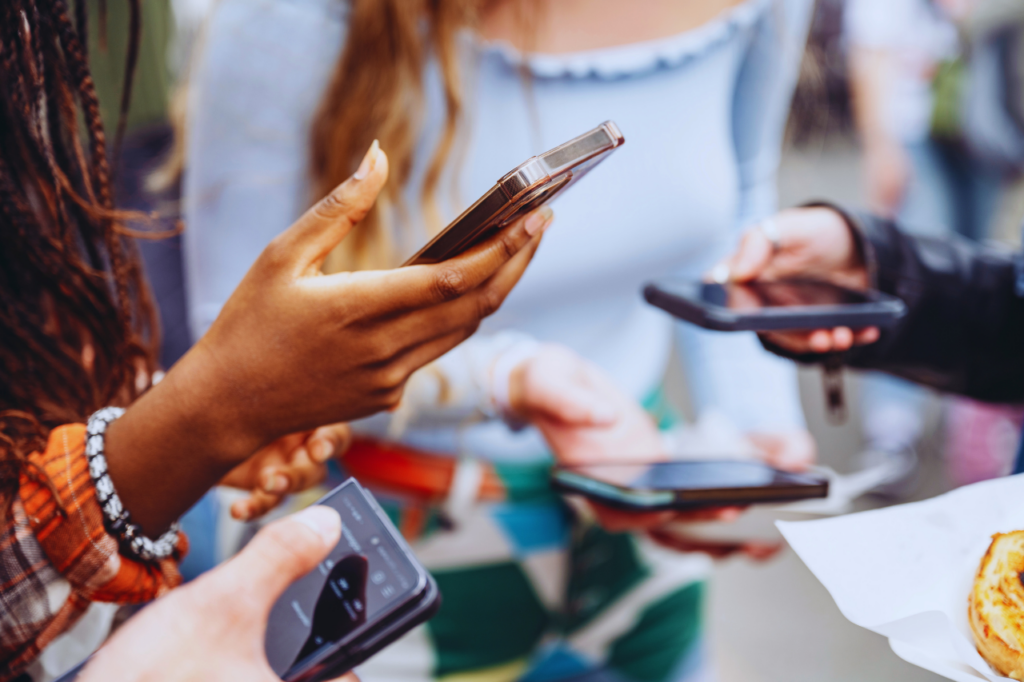On January 1, 2025, a new Florida law took effect, banning children under age 14 from having their own social media accounts. Though House Bill 3, titled “Online Protections for Minors,” is now an active law, the Florida government will not legally enforce it until late February due to ongoing litigation concerning free speech. Supporters of the law say that social media companies cannot be trusted to protect children on their own, but the companies themselves claim restricting minors from using their platforms is a violation of the First Amendment.
What Are the Key Provisions in HB 3?
HB 3 includes a number of key provisions, including the ban on children under the age of 14 having their own social media accounts. In addition, 14- and 15-year-olds must have a parent’s or guardian’s permission to have an account, and social media sites will have 90 days to delete the accounts of underage users. Additionally, the sites must verify the ages of their users, and users under age 18 will be blocked from accessing “materials harmful to minors.”
In November, Florida Attorney General Ashley Moody agreed not to enforce HB 3 while litigation is ongoing. Two lawsuits have been filed challenging the bill so far, and a hearing on February 28 will likely decide whether the law is enforceable. If the law does become enforceable, social media companies will be subject to penalties under the Florida Deceptive and Unfair Trade Practices Act if they do not comply—penalties that cost $50,000 per violation.
Is This Bill Similar to Utah’s?
Florida’s HB 3 is similar to the Utah Social Media Regulation Act, which took effect in March 2024. Utah’s act requires social media platforms to verify users’ ages and get parental consent before anyone below 18 can use social media. However, HB 3 is more restrictive, fully eliminating the ability of minors below age 14 to have social media accounts, even with their parents’ permission.
The Utah Social Media Regulation Act aims to grant parents more control over their children’s social media use, as well as reduce harm to minors. The act also created a private right of action for parents to pursue legal remedies if their children were harmed by social media use. At least a dozen states, including Florida and Utah, have passed legislation limiting access to social media for minors.
How Could This Bill Impact Florida Teens?
HB 3 passed through the Florida House and Senate with bipartisan support, including from Florida Governor Ron DeSantis. Lawmakers aim to protect minors from age-inappropriate content, online predators, and the detrimental mental health effects of addictive algorithms used by social media platforms.
What Are Critics Saying About This Bill?
Opposition to HB 3 is based largely on the claim that the bill restricts minors’ access to constitutionally protected speech. HB 3 is being challenged in court by multiple lawsuits, including one brought by tech industry groups NetChoice and the Computer & Communications Industry Association. The suit, filed in October, claims the new social media law would infringe on users’ First Amendment rights. A hearing is scheduled on February 28 to decide whether a preliminary injunction will prevent the law from being enforced until the suit concludes.
Protecting Children and Teens from Social Media Harm
The Social Media Victims Law Center (SMVLC) works to hold social media companies legally accountable for the harm they inflict on vulnerable users like children and teens. Across the country, thousands of lawsuits have been filed alleging that social media companies have intentionally designed their platforms to be addictive to young people without warning of the mental or physical harm that could follow. If your child has been harmed by social media use, contact SMVLC today to learn more about your legal options.
